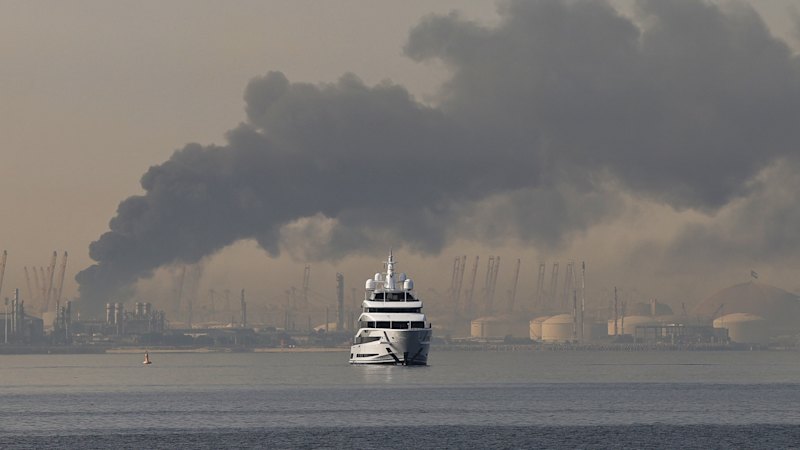
NSW Health has issued a measles alert for Sydney after confirming a case of the disease in a person who was infectious while visiting multiple locations in the city. The individual had recently returned from Vietnam, where a significant measles outbreak is ongoing.
Residents who were present at specific locations during the identified times are urged to be vigilant for symptoms. The locations visited by the infected individual do not pose an ongoing risk, but monitoring for symptoms is advised.
Locations and Exposure Times
- Sunday, 22 June: Sir Reuben, 702 Darling St, Rozelle, from 12-1pm
- Saturday, 28 June: Concord Hospital Emergency Department from 10.35pm-3.10am
Dr. Leena Gupta, Sydney Local Health District Director of Public Health, emphasized the importance of monitoring for measles symptoms for those who visited the above locations during the specified times.
Understanding Measles and Its Symptoms
Measles is a highly contagious disease preventable by vaccination. It spreads through the air via respiratory droplets when an infected person coughs or sneezes. Dr. Gupta outlined the symptoms to watch for, which include fever, runny nose, sore eyes, and a cough, typically followed by a red, blotchy rash that begins on the head and spreads to the rest of the body.
“It can take up to 18 days for symptoms to appear after exposure, so it’s important for people who visited these locations to look out for symptoms up until 18 July,” Dr. Gupta stated.
She advised individuals who develop symptoms to contact their GP or emergency department in advance to avoid exposing others in waiting areas.
Vaccination: A Key Preventative Measure
NSW Health is urging the community to ensure their vaccinations are current. The measles-mumps-rubella (MMR) vaccine is both safe and effective, and is provided free for children at 12 and 18 months of age. Additionally, it is available at no cost for anyone born after 1965 who has not received two doses.
“The measles vaccine can prevent the disease even after exposure, if given early enough,” Dr. Gupta noted. “Anyone born after 1965 needs to ensure they have had two doses of the measles vaccine. This is especially important before overseas travel, as measles outbreaks are occurring in several regions of the world at the moment.”
For young children, especially those under 12 months, the first dose of MMR can be administered up to six months early if they are traveling abroad. Parents are encouraged to consult their GP for guidance.
Global Context and Historical Perspective
This alert comes amid a global resurgence of measles, with outbreaks reported in various regions, including parts of Asia, Europe, and Africa. The World Health Organization has highlighted the importance of maintaining high vaccination coverage to prevent the spread of measles, which remains a leading cause of vaccine-preventable deaths among young children worldwide.
Historically, measles was a common childhood disease before the introduction of the vaccine in the 1960s, which drastically reduced its incidence. However, recent declines in vaccination rates have led to a resurgence in cases, underscoring the critical role of immunization programs.
Next Steps and Public Health Recommendations
NSW Health is actively monitoring the situation and working to ensure that those potentially exposed are informed and vigilant. The public is encouraged to verify their vaccination status and seek medical advice if unsure about their immunity.
For further information on measles, individuals can access the NSW Health measles factsheet. Those experiencing symptoms or with questions about measles are advised to contact their GP or healthdirect at 1800 022 222.
As the situation develops, NSW Health will continue to provide updates and guidance to protect public health and prevent further transmission of measles in the community.







